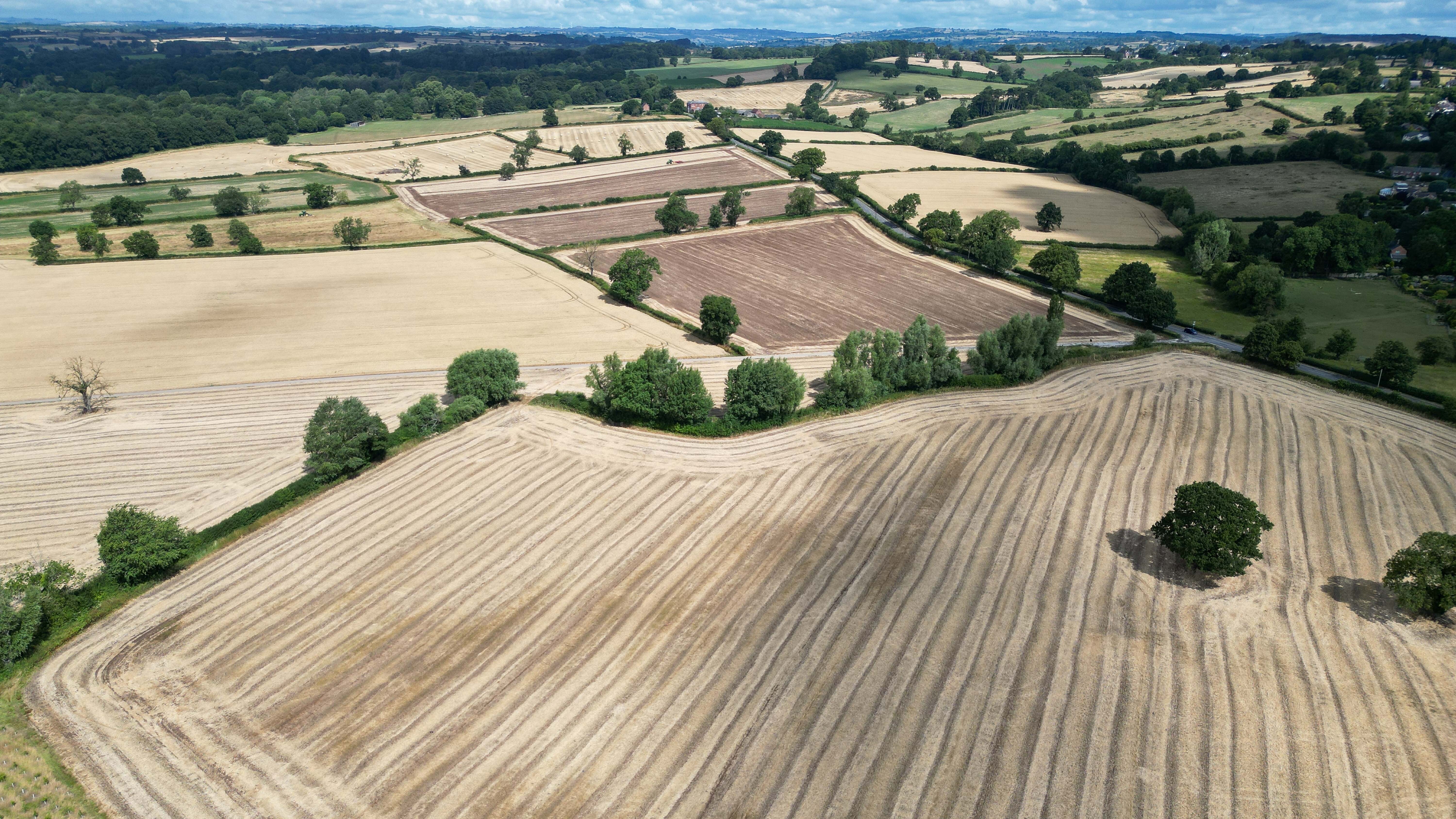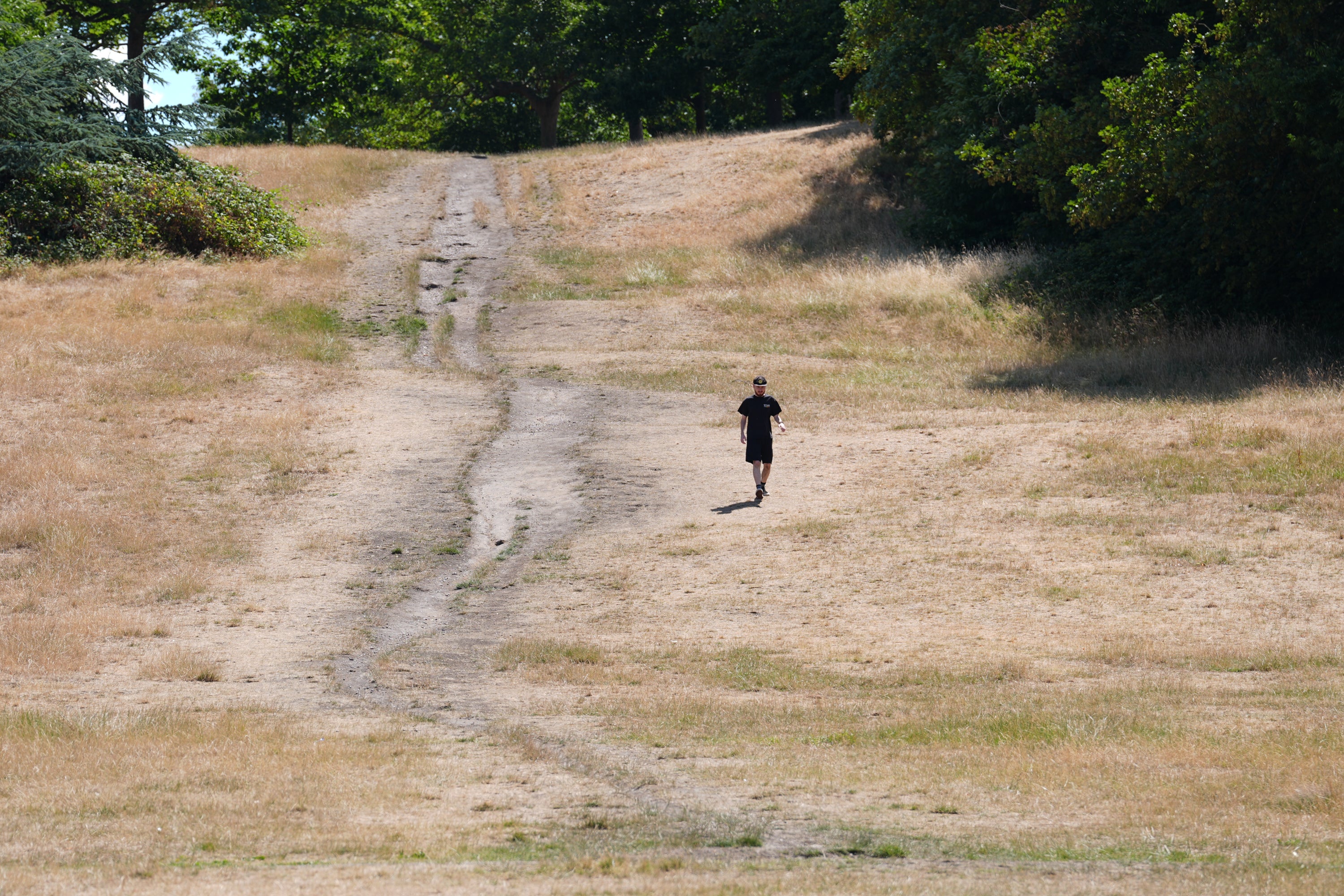Hosepipe bans across England are likely to continue over the winter months, the Environment Agency has warned.
It comes as the Met Office as predicted a higher likelihood of dry conditions from November to January.
Will Lang, chief meteorologist at the Met Office, said: “While it’s not possible to definitively forecast weather for the next three months, the chances of a dry period are higher than normal.”
This means that England would experience even worse levels of drought next year. leading to significant pressures on the environment and a risk to crop yields.
Despite recent rainfall, the drought situation across the country is still precarious after this spring was the driest in 132 years and this summer has been the hottest since records began in 1884, with four heatwaves.
In August, the National Drought Group declared a “nationally significant water shortfall” in England.
Drought is only over when water levels are fully replenished, and England has seen below average rainfall for eight out of ten months so far this year. Drought also brings the risk of flash floods, where dry soils struggle to soak up intense downpours.
Eight million people are still under hosepipe bans across Yorkshire, Thames Valley, Sussex and Kent.

Helen Wakeham, director of water at the Environment Agency, said: “There will be a drought next year, unless we get sustained rainfall through the winter.
“The severity of that drought will depend both on the weather and the actions we take over winter following this very dry year.
“The public have been brilliant in using a little less water this summer and following the restrictions in some parts of the country. I would urge people to continue to be as efficient as possible with their water use this winter - even if it is raining outside. Our wildlife, our rivers and our public water supplies depend on it.”
Total reservoir stocks across England for the period ending 4 November were 65.8 per cent. The average for this time of year is 77.4 per cent.
Over the summer, the Canal & River Trust shut 20 per cent of its network due to lack of water. Farmers’ harvests were impacted and there are concerns heading into winter on feed availability for livestock due to poor grass growth over the spring and summer.

The dry weather has impacted the breeding success of wetland birds, great crested newts, natterjack toads and the migration patterns of eels and salmon. It has also led to trees, including ancient ones, becoming severely stressed.
Water minister, Emma Hardy, said the prolonged dry weather “continues to pose risks to public water supplies, farming, and the environment”.
She added: “We continue to work with the National Drought Group and water companies to maintain supplies for communities across the country.
“Climate change means we will face more frequent, severe droughts and flooding in the years ahead. That’s why this government is taking decisive action to secure our long-term water resilience, which includes building nine new reservoirs and investing in new pipes to reduce leakage.”







